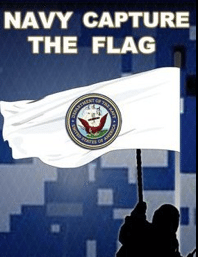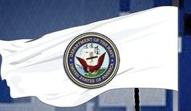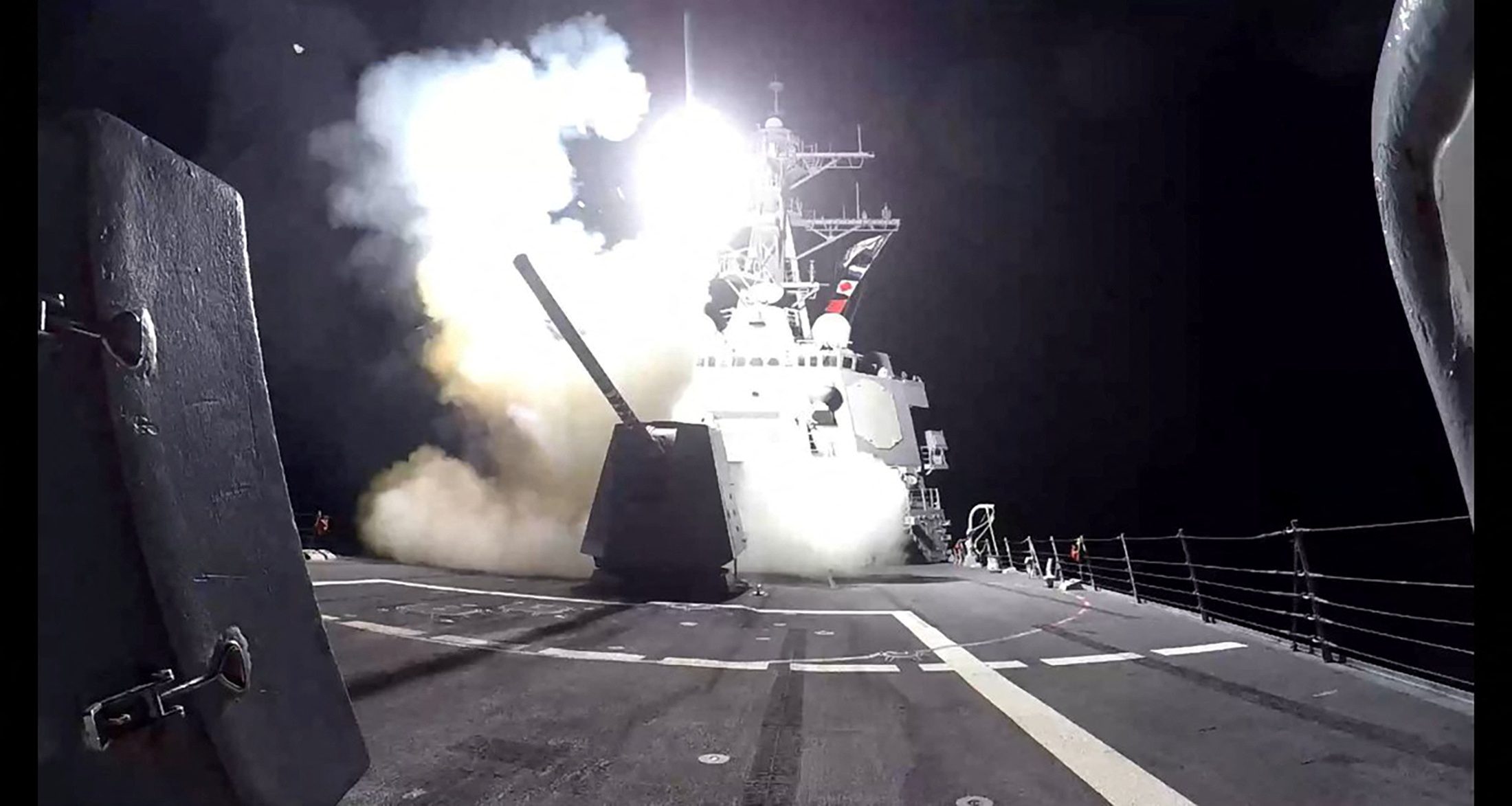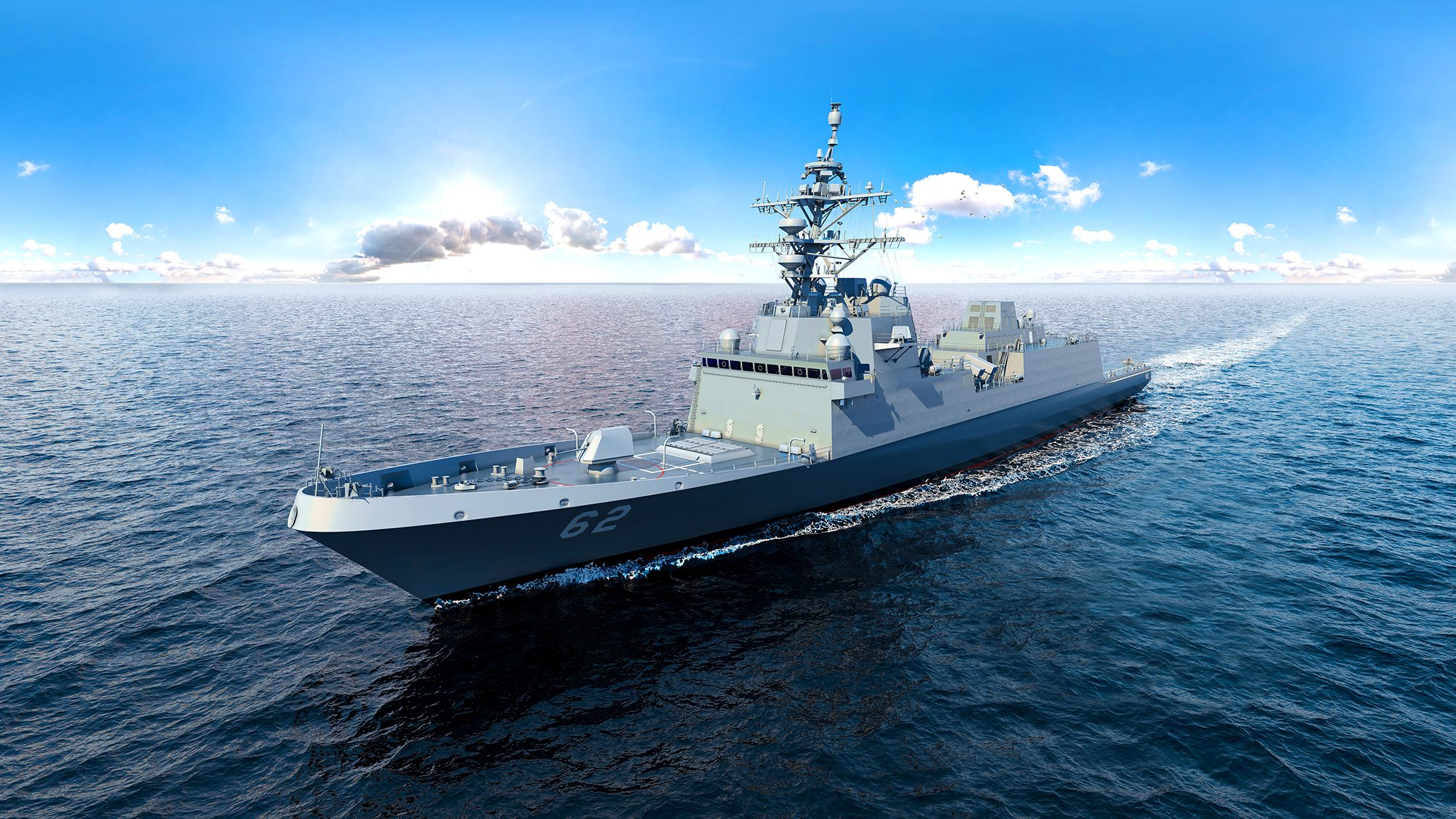 Today the US Navy asks Facebook users, “Do You Like Us?” and “Do You Want To Play A Game?”
Today the US Navy asks Facebook users, “Do You Like Us?” and “Do You Want To Play A Game?”
These questions might sound like chatter from a school playground but, coming from the Navy the intent is serious. The Navy Office of Information announced Aug. 16 that the official U.S. Navy Facebook page is putting a new spin on an old game by challenging Facebook fans to a virtual “Capture the Flag” game.
The game, which officially begins Monday, is being touted as a fun exercise to support their favorite Sailors but is fun the Navy’s true mission in creating this game?
Traditionally, the game of capture the flag is played outdoors with two teams that have a flag strategically placed in their territory. The objective is to capture the other team’s flag, in their own territory, and bring it back to your own base. The Navy’s version is loosely based on this children’s game but the rules are different and the arena is not the schoolyard but Facebook.
The rules are fairly simple. Travel around Facebook attacking and defending a virtual “flag” which is actually a unique photo created by each participating command. Instead of being picked for a team, Facebook fans can join any team they choose by uploading the team’s banner to their profile picture. The banner will be available as a photo on the command’s page. Fans are encouraged to attack their opponent by “liking” the opposing commands “flag” each day.
But the Navy might have ulterior motives for promoting this exercise. In a 2010 letter to the fleet the Chief Of Naval Operations, Admiral Roughead, stated “We have updated our brand to reflect the tenets of our Maritime Strategy; we are ‘America’s Navy: A Global Force for Good.’… We utilized emerging media platforms such as Facebook, Twitter and Flickr to reach key audiences and deliver messages in a timely manner through a growing medium.”
Facebook and Twitter alone do little to help organizations deliver messages to the public. Facebook, along with other sites like Google +, use algorithms to determine what news is pushed out to each reader and the underlying concept is “likes”.
Each page on Facebook has a button with a thumbs-up graphic coupled with the word “like”. When pressed the user is automatically subscribed to the page’s news feed. This means, without user likes none of the Navy’s official Facebook messages would be delivered to Facebook users. Further, smaller like buttons are show below every message a Facebook page owner publishes and the more likes an article receives the higher the message rises on each users Facebook news stream. So the Navy has a vested interest in getting more people to like both them and their articles.
The race for likes is real and translates into billions of dollars of revenue for Facebook which makes money by displaying ads, most of which point to company pages which urge visitors to “like” the company. But these ads, which start at a price of $25,000 per month for premium listings, don’t come cheap. In an interview with AdAge, eMarketer analyst Debra Williamson said that around 60% of Facebook’s 2010 ad revenue came from SMBs and that 60% of Facebook’s ad dollars came through its self-serve ad platform. Around $740 million of Facebook’s revenue in 2010 came from major brands such as Procter & Gamble or Coca-Cola.
But there is a cheaper way to get “likes”, create a game. Many companies, including gCaptain, have realized the value of Facebook likes and take advantage of third-party tools to run specials and reward customers who check in with discounts, coupons or deals. Others, Like Red Bull with over 21 million Facebook fans, release special content containing games, video and coupons to those who “like” their page. Few have taken the brash step of creating a game which has users hunt Facebook and “like” numerous pages created by divisions of the company…. but this is exactly what the Navy’s capture-the-flag game requires users to do.
So is this a simple game or a marketing effort by the US Navy to help push their official message out Facebook users? Visit the Navy’s official Facebook page and decide for yourself but, be warned, playing capture-the-flag may result in an onslaught of spam from each of the navy units that you “like”.
And, while you’re there, why not “like” gCaptain’s Facebook page? We don’t have a fun game for you to pursue but do promise not to overload your inbox with marketing spam.

 Join The Club
Join The Club












